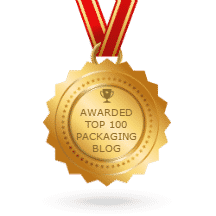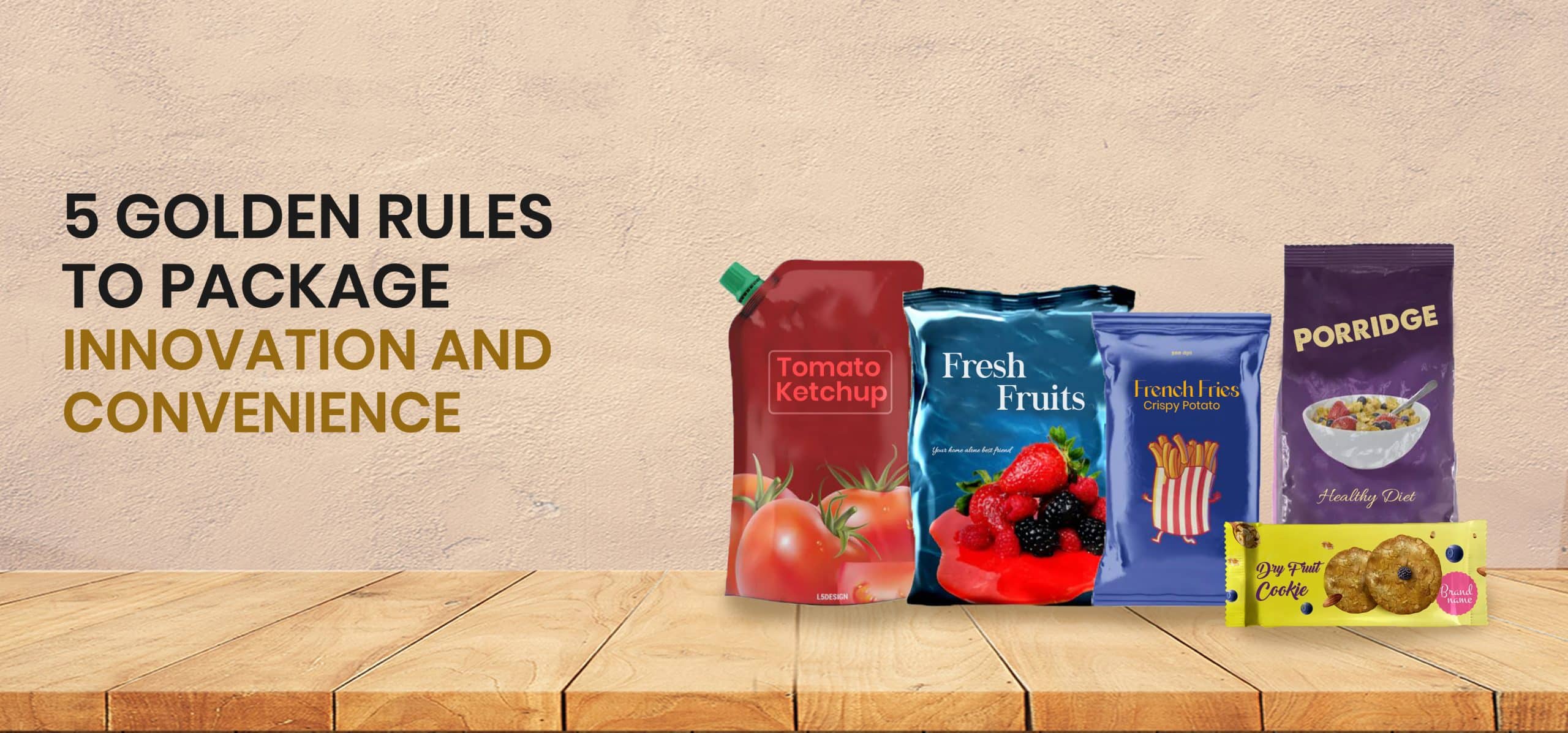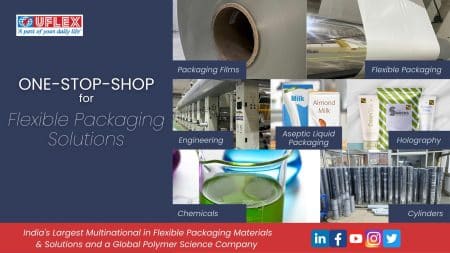The world has changed due to the on-going pandemic. Every industry has to re-strategise and revise their processes to meet the new protocols. Brands have to evolve to meet the needs of the new age customer and keep up with the new trends that this global crisis brought along with it. Some of the biggest concerns for the consumers include purchasing channels, enhanced concern for hygiene, safe packaging, pricing and sustainability. These problems are met by holistic packaging solutions which help brands package and deliver their products to the customers without compromising on the quality of the product.
Here are some rules that brands need to follow to connect with the new age customers:
Make your brand e-commerce ready
In the present scenario, customers prefer to shop online; be it groceries, medicines or other household items. This raises the need for brands to have flexible packaging which are compact, damage resistant and can withstand the long transit times. Flexible packaging uses resilient materials and has barrier layers which keep the products safe during the course of transit.
Address the hygiene and safety concerns
People have become sceptical about contracting the virus from packaging surfaces. Flexible and aseptic packaging help brands as they have an inner layer of packaging film which is sterile and keeps the contents inside from being contaminated. They also have multiple layers which do not allow the outer packaging to come in contact with the contents inside and retain the freshness of packed contents.
Meet the lifestyle needs of the customer
Owing to the on-going pandemic consumers prefer to hold somestock of consumables at home and hence buy in bulk. This triggers the need for packaging to be more convenient and functional and that ensures easy use and storage. The goal of brands should be to pack for convenience. Food items need to come in reseal-able packs so that they are protected from moisture and prevents from wastage. Consumables such we juices, dairy products, health drinks and beverages require strong aseptic packs so that they can be stored for a longer time without refrigeration.
Trust in Brand and prevention from counterfeiting
People have become more conscious of what they are consuming and it is very important for brands to build a relationship of trust with their customers. More so now as most of the products are being bought online and there is a sense of disconnect with the brand. Brands can use holographic features and aesthetics not just to enhance the overall look of the product but to prevent themselves from threats coming from the counterfeiting forces. Use of holographic features in packaging not just places the product as a premium product amongst the competition but also helps the consumers distinguish original from fakes
Sustainable packaging by the brand
The pandemic brought in renewed concern towards the environment as trends indicate shift of consumer sentiment towards the environment. None of us across the world is prepared for another disaster from any aspect hence concern towards the environment has seen some spurts of attention even among the consumers. More and more people are demanding for sustainable packaging which does not add on to the carbon footprint on earth. Apart from consumers, brands too are focusing more on sustainable flexible packaging that ensures easy recycling after disposal and do not harm the environment.
Over the decades, UFlex has emerged as a leader in flexible packaging solutions that provides packaging materials and solutions to its patrons across 140 countries around the world. The company has a strong R&D strength that develops innovative and sustainable packaging solutions thereby making a significant positive impact on the environment. Beyond manufacturing of flexible packaging, UFlex has also been prompt to recycle 100% of its own plastic waste. Back in 1995 when sustainability was a jargon, UFlex was the first company in the world to recycle mixed multi-layered plastic waste, for which it earned recognition at the Davos Recycling forum in 1995. The company also holds in-house recycling strength to recycle post-consumer mixed plastic waste from the households collected by waste collecting agencies, which it recycles to form granules that are used to manufacture more than 10000 household and industrial products, and also manufactures PET chips. It also has a post-consumer PET bottle recycling line through which it derives PET chips that are used to form up-cycled green films Asclepius. Going further, the company is preparing to introduce bio-degradable packaging, an enzyme based packaging that would decompose and form into biomass (after a certain span of time) if left uncollected, and is also working on developing water soluble bags that will safeguard marine life even if the packaging ends up reaching the river streams and sea-beds.




